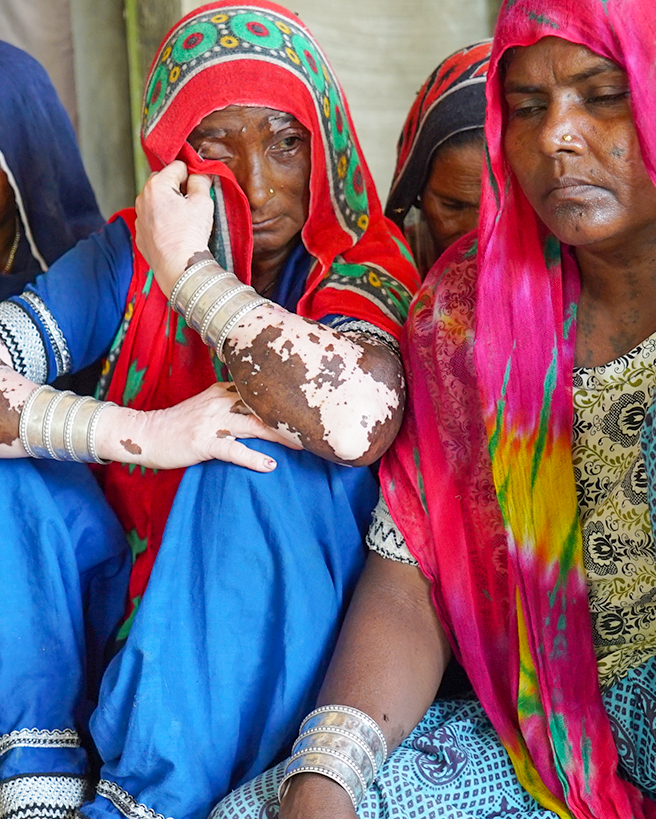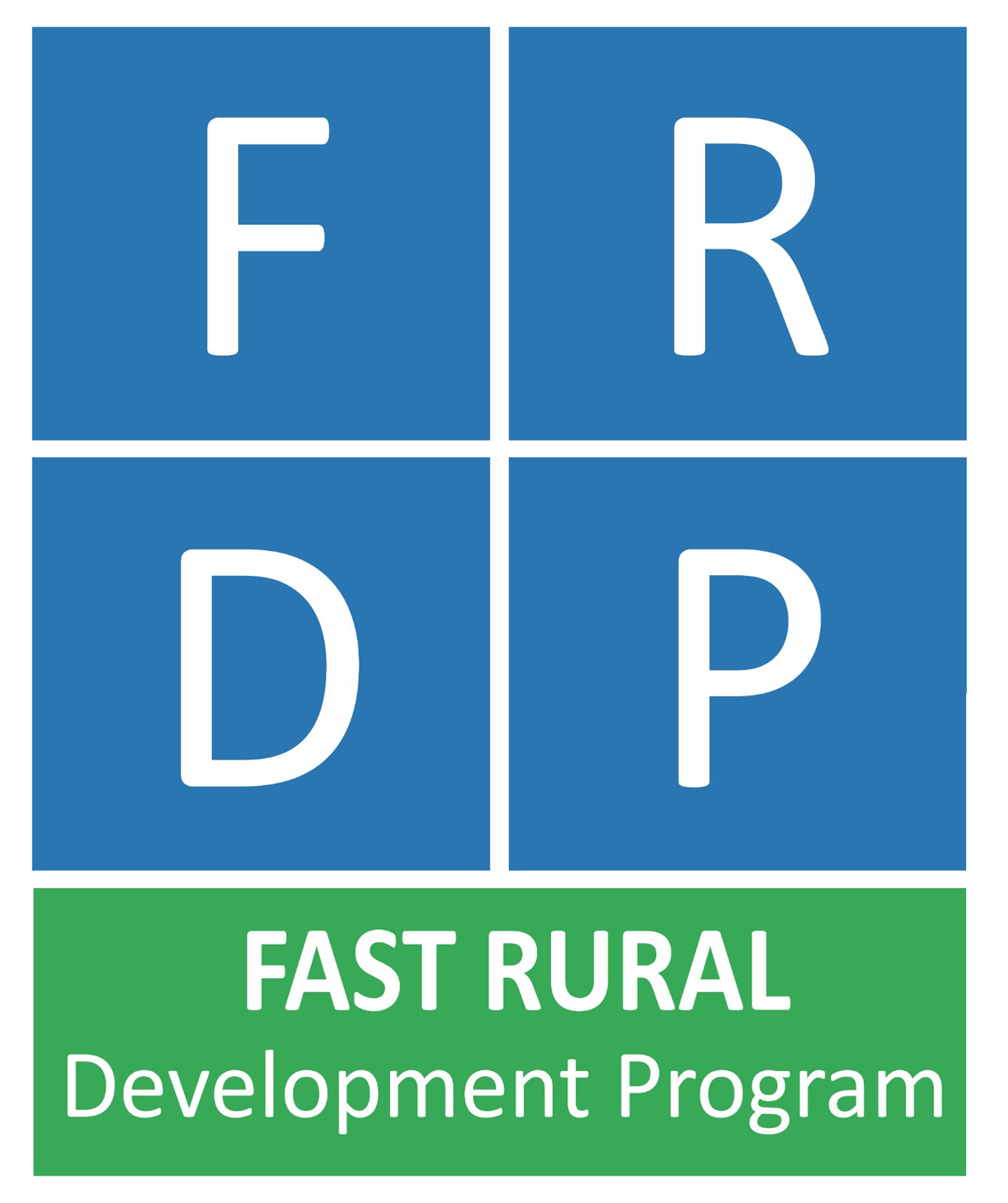
Emergencies: Disaster Risk Reduction
Emergency and DRR are also an integral components of the FRDP development agenda. Our approach to disaster resilience is built on promotion, capacity development, and institutional support to community organizations which enables them in coping with natural disasters. FRDP has responded to COVID-19, floods (2011, 2012, 2014, and 2020), droughts (2014 to present), and other emergencies to the poorest of the poor individuals in Pakistan.
In persuasion of developing skills and capacities, the organization has worked with the government, civil society organizations, and academia to train the youth for the future. FRDP also contributes at large during emergencies through its sustainable philanthropic donations. We also helped in developing preparedness and disaster plans. Since 2019, FRDP has been responding to COVID-19 operations in Sindh, Pakistan. Currently, our organization steers one of the largest local networks on disaster named disaster resilience forum since 2016. At the policy level, FRDP maintains its role in provincial, national and global platforms and networks such as the Start network, National Humanitarian network, and Disaster Resilience Forum, etc.

Pakistan is a country that is prone to a variety of natural disasters, including earthquakes, floods, and cyclones. These disasters can have devastating effects on communities, causing loss of life, damage to infrastructure, and displacement of people. It is crucial that the country is prepared to handle these emergencies and mitigate their impacts as much as possible.
One key aspect of emergency disaster risk reduction in Pakistan is building resilience in communities. This can involve measures such as constructing buildings that are resistant to earthquakes, creating early warning systems for floods, and developing evacuation plans for cyclones. By investing in these kinds of measures, communities can be better prepared to withstand the effects of disasters and recover more quickly when they do occur.
Another important aspect of emergency disaster risk reduction in Pakistan is ensuring that the necessary resources are in place to respond to emergencies. This includes having trained personnel, such as paramedics and rescue workers, as well as equipment and supplies like ambulances, medical supplies, and search and rescue tools. It is also important to have effective communication systems in place to coordinate response efforts and provide information to the public.
In addition to these practical measures, it is also important to raise awareness about emergency disaster risk reduction in Pakistan. This can involve educating people about the types of disasters that are common in their region, as well as what to do before, during, and after a disaster. It can also involve working with local communities to identify their specific needs and develop customized preparedness plans.
There are a number of organizations in Pakistan that are working to promote emergency disaster risk reduction and provide support in the event of an emergency. These include the National Disaster Management Authority (NDMA) and the Pakistan Red Crescent Society (PRCS). The NDMA is responsible for coordinating the country’s disaster management efforts, while the PRCS provides humanitarian assistance and disaster response services.
If you would like to get involved in supporting emergency disaster risk reduction in Pakistan, there are a number of ways you can do so. One option is to donate to organizations that are working on the ground to support communities affected by disasters. You can also consider volunteering your time or skills to assist with response efforts. Finally, you can raise awareness about the importance of disaster preparedness in your own community, and encourage others to get involved as well.
By working together, we can help Pakistan become more resilient to the impacts of natural disasters and better equipped to handle emergencies when they do occur.

